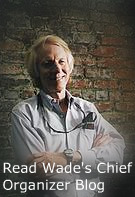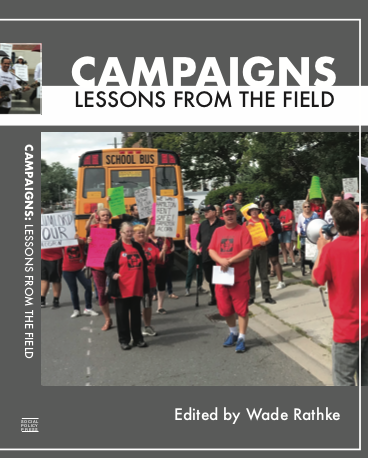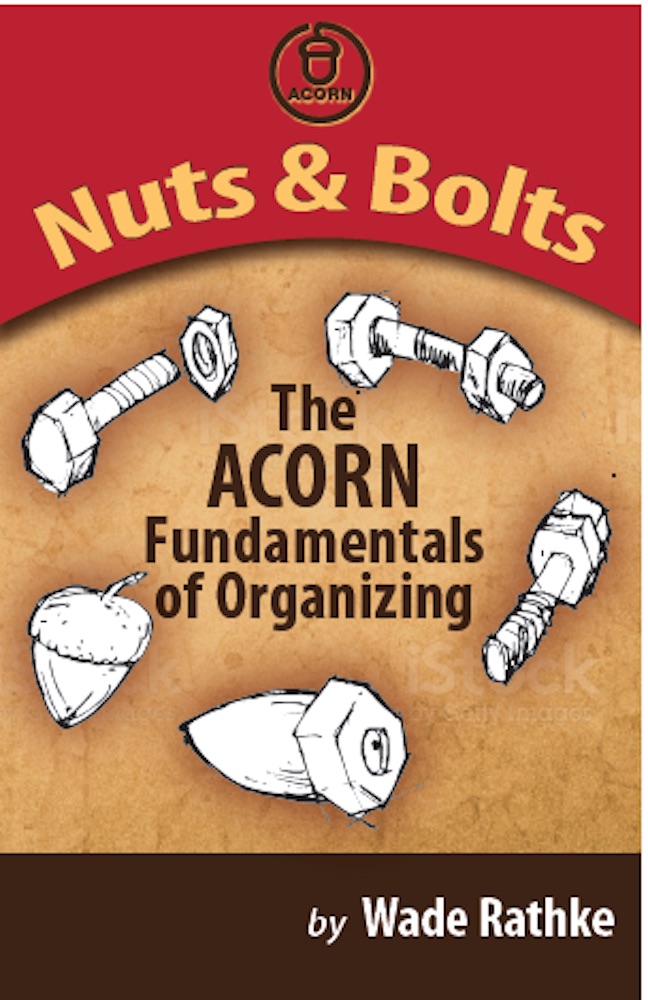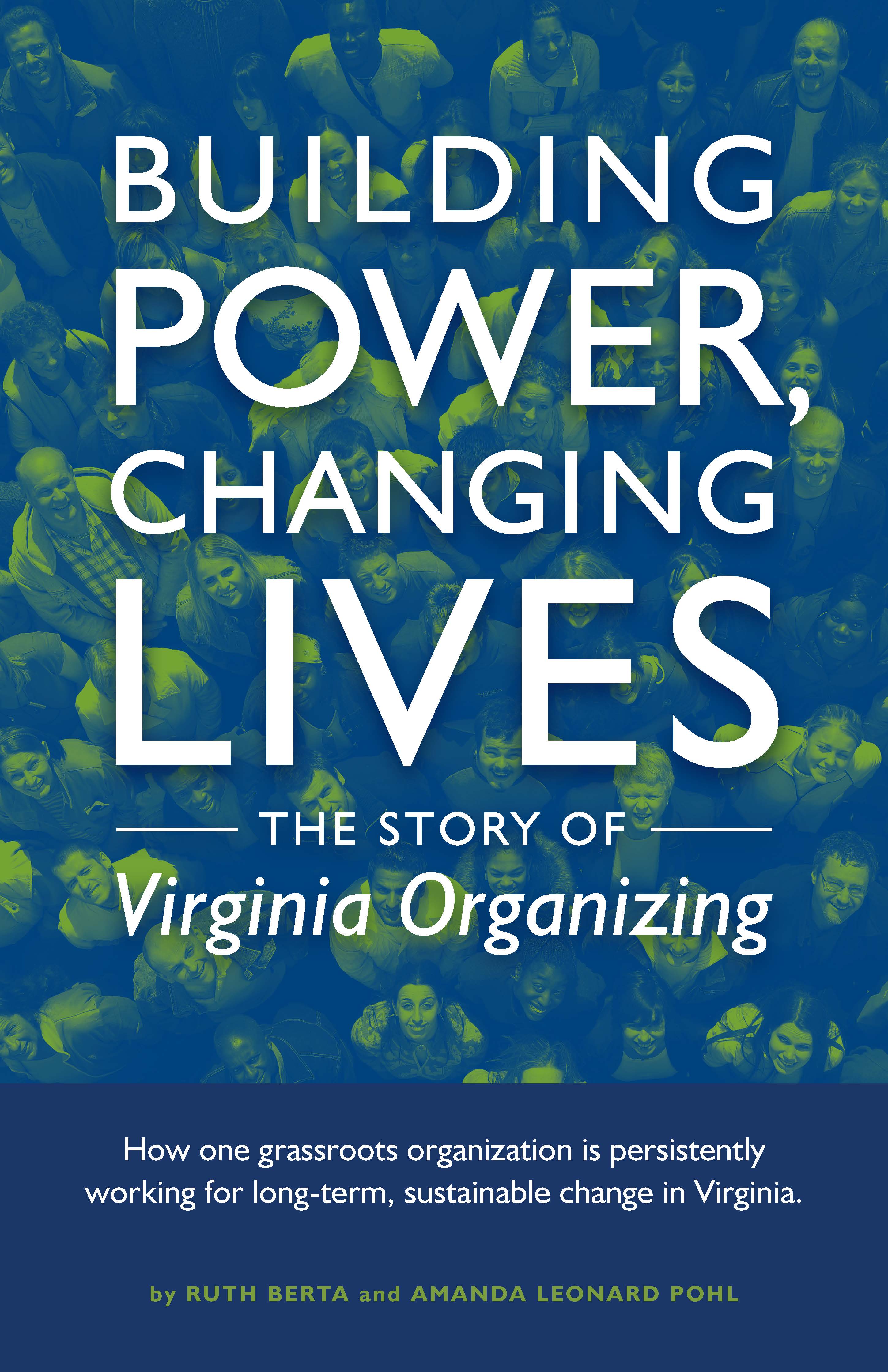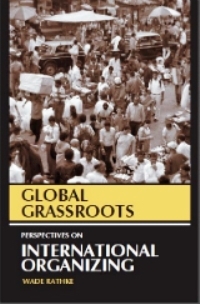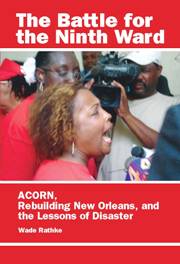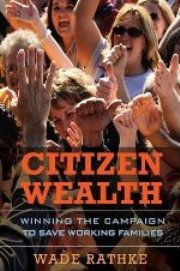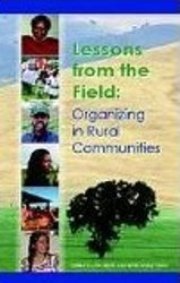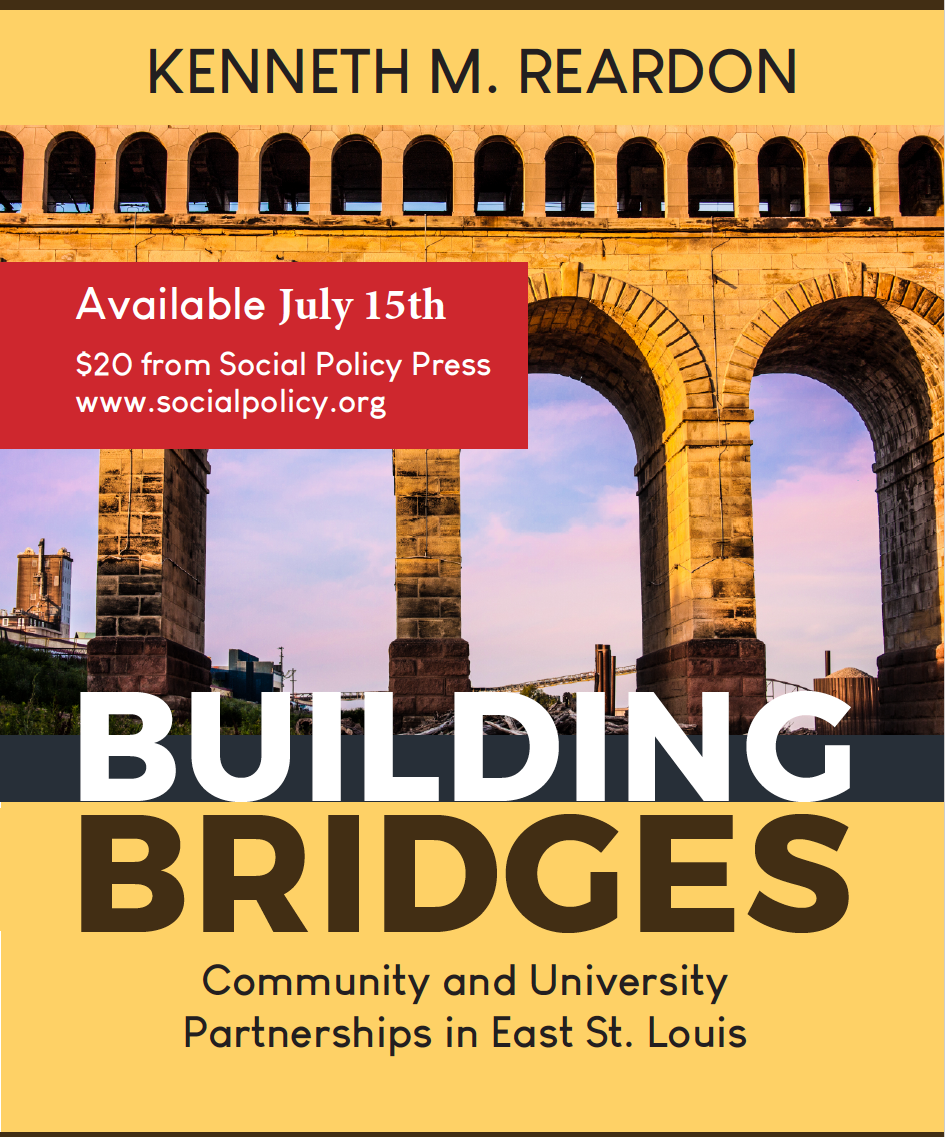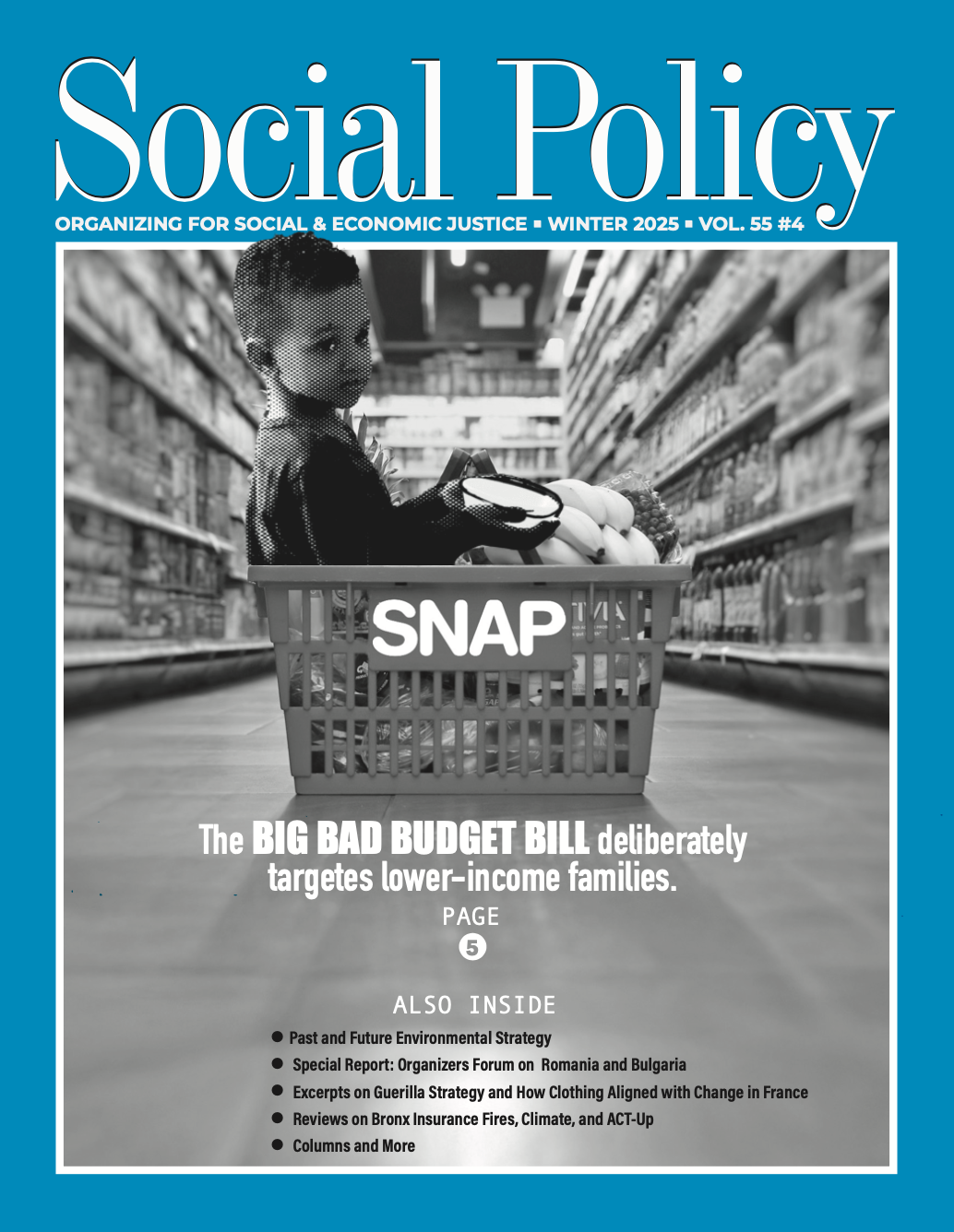
It’s a long shot, but I can’t be the only one out there who is frustrated about the absence of grassroots organizing response among families that are being victimized by Trump and his administration’s policies. The Big Bad Budget Bill is still the best example of Trump’s deliberate, though duplicitous, targeting of lower-income families in order to finance continued breaks that benefit the rich. The draconian eligibility, certification, and work requirements attached to the food stamp and Medicaid programs are designed to deny eligible families their entitled rights to receive support by putting rocks in the road. A fact sheet, accompanying my article, advocating for organizing benefit recipients to access volunteer programs and organize to maintain benefits for themselves and other recipients, details some of the changes. This is a call to action and a plea for support. We’ll see if it’s heard, and who is listening. Similarly, Stephen Eisenman, emeritus professor from Northwestern University and co-founder of the grassroots environmental organization, the Anthropocene Alliance (A2), offers lessons learned in his time as strategic director of the organization, as well as a bracing critique of our current situation and what needs to be done.
As usual, we have reports from the Organizers Forum, our longtime partner, on their international dialogue with similar organizations in Romania and Bulgaria. Richard Ziemianski evaluates the status of labor unions there. Ty Riches and Vonica Flear found the rise of rightwing forces in these countries, as well as resource shortages, as obstacles to change, even as they were impressed with organizations and activists who had their shoulders to the wheel. In 2026, the Organizers Forum heads to Spain, so act early, if interested.
This issue has two excerpts that might be hard to find anywhere else. One is an interesting piece on guerrilla tactics in labor organizing from a recently issued training manual from the Global Labor Institute in France. The other is an insightful piece that pulls together pre-Enlightenment philosophical strands from Rousseau, Locke, and Diderot that impacted the care and education of children – and their dress – in England and France. We still live in the slipstream of these arguments today.
The book reviews are on fire this issue! The first, literally involves arson, as Manhattan University Professor Margaret Groake reviews Born in Flames, a look at fires in the Bronx and elsewhere that were encouraged by insurers and opposed by community organizations. James Mumm, our regular reviewer looks at the critical contributions of ACT UP in New York in the AIDS crisis, as well as oral histories about Queercore. Arif Ullah, the new head of the US-based Anthropocene Alliance or A2, does a thorough and insightful job in viewing former Louisville Professor Gilderbloom’s collection of various pieces in Climate Chaos.
Our columnists spare no punches. Phil Mattera takes the gloves off at how badly Trump is missing in action on affordability. Many of us may have zipped past discussions of various countries building Central Bank Digital Currencies, but Drummond Pike is clear the US is not just missing the boat here, but deliberating staying on the dock to benefit banks and others who are profiteering. After spending time training for ACORN in Cleveland, John Anderson extols the virtues of positivity for people. Gregory Squires notes some institutions are looking the administration’s “gifts” in the horse’s mouth and not interested in following these executive orders that may not last long. In Backstory, I look at the how so many autocrats continue to target nonprofits with impunity.
Readers will open this last number from 2025 early in the new year. Hopefully, you’ll find plenty here to give you strength and resolve in meeting the challenges and opportunities of 2026!
Apparently shaken by the Democratic gains in November’s elections, Donald Trump has changed his tune on the economy. He still tries to get us to believe everything is marvelous, but at the same time he has rolled out a series of proposals designed to give the impression he is addressing the affordability crisis.
Read more: EVERYBODY’S BUSINESS - Trump and the Affordability Crisis
Central Bank Digital Currency & the GOP
One of the surprising elements of Zohran Mamdani’s political rise has been the rapid reaction to his self-identification as a “democratic socialist,” the same moniker adopted by another New York City progressive, AOC as she is called. Our dearly unbeloved President has gone even further, terming the mayor-elect a “communist”, yet again giving evidence of his limited intellectual acumen. Communists believe the state (deep or otherwise) should own the means of production and mete out its benefits to all in some yet-to-be-achieved perfect society. Democratic socialists, according to conventional definitions have a far narrower view that we should democratize the workplace, empower workers, and insist that enterprises benefit their communities. My new favorite AI search tool, Perplexity, says this about democratic socialism:
Read more: MONEY MATTERS - Does sticking one’s head in the sand help solve problems?
Negativity is a destructive force that needs to be weeded out like chickweed in a garden. It’s best to be on top of it, doing the continual maintenance to keep it in check — if you don’t, what you don’t want, will flourish.
Read more: NORTHERN LIGHTS - Staying Positive and Building Power is the Organizers Job
The best of politics is aspirational; individuals leading people in the quest for a better life for everyone as embodied in the timeless expression of “life, liberty, and the pursuit of happiness.” As the preamble to the ACORN Platform outline in 1978 read, the fight to make people “rich” in the deepest sense of the word and “free” in the fullest extent of the concept. We understand this better in these dark times with the rise of the right and the acceleration in country after country of politics dominated by autocrats and those you want to be.
For all of the chauvinism, so much of this rise is not looking forward, but backwards, not taking the next hill in a nation’s progress, but punching down.
Not surprisingly, we see this in the demonization and elimination of any opposition. Examples are numerous, including Russia’s elimination of Alexei Navalny, Turkey’s jailing of the mayor of Istanbul, Tunisia’s arrest of one of the remaining opponents a human rights lawyer and opponent, the inexplicable, shifting seats on stage at the party conferences in China, and Venezuela’s delisting of political parties. There’s almost no way not to include Trump’s characterization of the Democratic party and its leaders, past and present, as pretty much the scum of the earth and commies to boot. Groups out of favor whether they be Muslims, immigrants, or nonwhites who are defenseless in so many countries that you can as easily fill in the blanks as I can: India, Hungary, the US, Myanmar, and more.
This is all about power in its rawest and bluntest form. Autocrats see threats and try to eliminate rocks in their road. We may not likeit, but we get it. This is big league, no-holds barred stuff. These are scorched earth fights with no Marquis of Queensbury rules of any kind, and increasingly it seems little that can stop them and fewer countervailing powers big or brave enough who are willing to stand in the way.
Still, I continue to be surprised at the same fierceness being utilized to oppose independent nonprofits. Since 2015, Putin has attacked nonprofits in the country declaring them foreign agents, the latest being Human Rights Watch. Modi has squeezed thousands of nonprofits in India by restricting outside resources to quiet any dissent. Xi has young protestors in Hong Kong sentenced to prison terms. The autocratic theory of change is that even the smallest spark might start the prairie fire that drives them out of power.
As organizers, whether in the community or the workplace, our stated mission is to build power for the powerless, leveling the playing field so that grievances can be resolved, justice can be won, and equity can be achieved. But, being totally frank and honest, at the zenith of our greatest success, few of us organizing for change ever believe in that we are actually threatening state power. Yet, as Tunisia’s emergent autocrat Kais Saied jailed nonprofits leaders and bolted their doors, he also interviewed had all of the organizers with ACORN’s embryonic and small affiliate in order to chill any further work on their part. Had we built power there? Not by a long shot! How were we a threat?
The attack on ACORN is now more than fifteen years old in the United States, but it is still a regular meme among conservatives and increasingly a standard bearer among progressives, but a shadow of its former self, more a symbol than a substantive rival, either then or now as we relaunch. Two years ago, we saw ACORN’s French affiliate attacked by parliamentary leaders and the top echelons of Macron’s cabinet, blocking funds awarded by the European Union, because our organization of Muslim women had sought access to sports and public facilities. In whose fever dream are young women in hijabs kicking soccer balls or young Muslim mothers taking their children to public swimming pools a threat to state power?
In recent weeks, it seems like déjà vu all over again in Ontario, Canada reading in the New York Times and watching the video. Doug Ford, the conservative premier of Ontario reacted to a demonstration against his unilateral attack on tenants’ rights and his attempt to end rent controls by attacking ACORN directly and threatening to “audit” the organization. It’s almost needless to say, but ACORN Canada received no money from the provincial government any more than that had been the case for ACORN in the US in 2009 with federal funds. Trump in his tirades goes after foundations and others with bluff and bluster threatening to also audit and withdraw their tax exemptions through the force of baseless accusations.
Do we—or others—have that much power? Are we more successful and threatening than we imagined? What’s at work here?
It might be flattering in some ways to think that in fact we were knocking on the door of state power, but the point is likely less the fact that they can put their ears to the ground and hear us coming than that these autocrats and wannabe dictators want to send a message to intimidate and thwart all institutions, all opposition and all challenges. Watching universities, law firms, and even nation states cower and supplicate themselves to Trump is proof enough that such tactics by those in power in fact work. Foundations, philanthropists, and others are back seat drivers not for the most part institutions driving anything from the front.
Resisters, be it organizations, individuals, or political parties are dangerous to autocrats and their copycats not because they have real power to compete with states, but because our very existence and unwillingness to stand down and hide our hands while throwing the proverbial rock is itself an essential and existential threat to power. There need to be more of us, and more need to stand with us in solidarity through thick and thin.
Maybe there’s hope, but only when we respond by continuing the fight. In Canada, Ford’s attack on ACORN prompted more than 23,000 to sign an online ACORN petition of protest. Hundreds poured into the membership through the website to such a degree that ACORN Canada had to create a new category on the charts to record the numbers. Other organizations joined with ACORN in a protest of thousands.
Appeasement, flattery, surrender, and retreat don’t work in stopping autocracy. Standing in its face won’t automatically stop its spread either, but it is a first step, and it sends a message that resistance is a powerful antidote to repression and intimidation.

